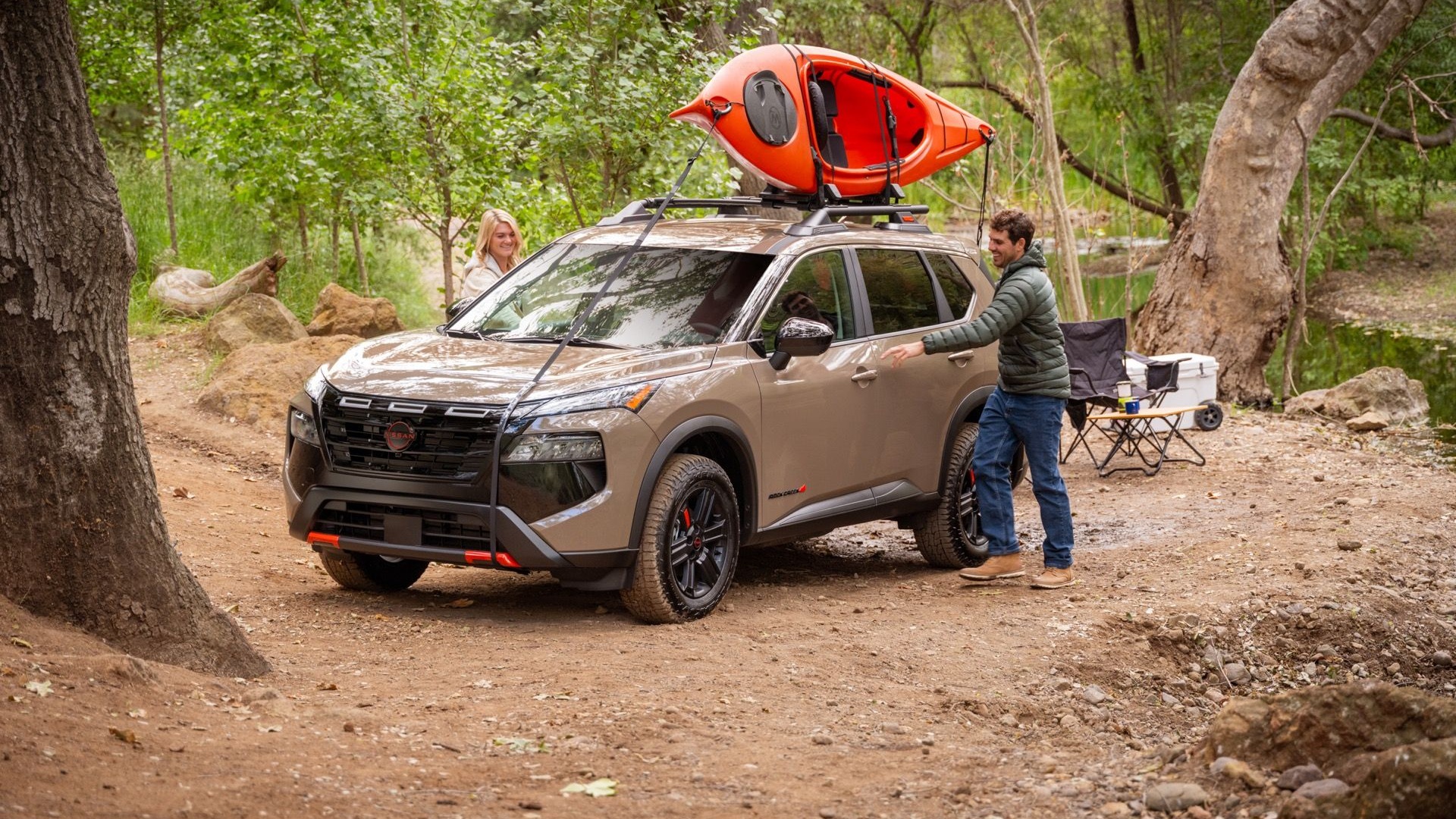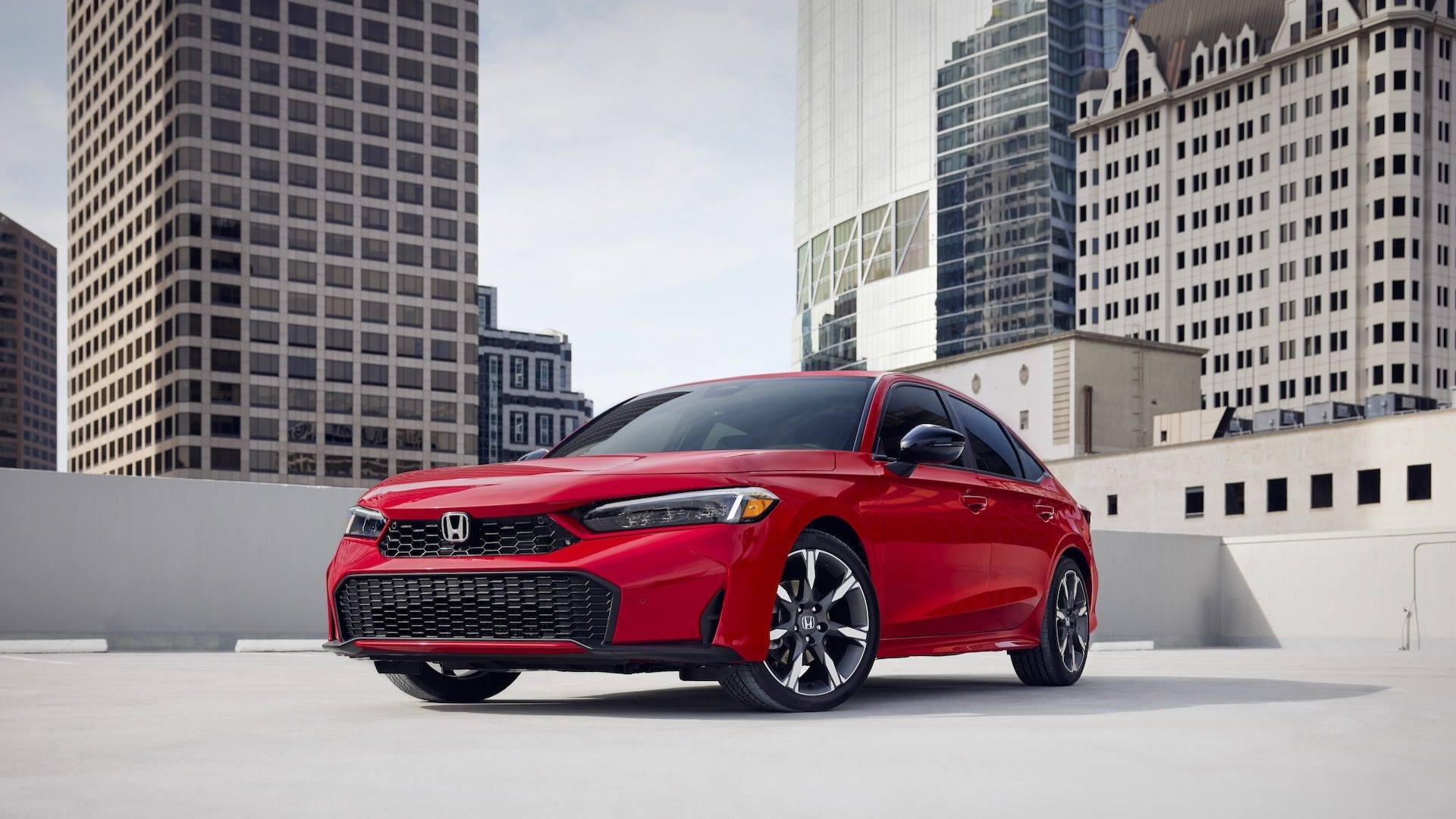Science at the EPA has been a topic of much debate, and a lot of turmoil since President Trump took office.
In that way, the addition of eight new members to the agency's much discussed Science Advisory Board isn't surprising. What may more surprising to some is the makeup of the new members announced Thursday.
Most of the new members are scientists who work for the industries that the EPA regulates. The most prominent, however, comes from academia: John Christy, a professor of atmospheric science and the University of Alabama in Huntsville, has testified repeatedly in Congress that he considers climate science "murky," and taken issue with the EPA's 2009 "endangerment finding," which classified carbon dioxide as a pollutant and thus gave the agency the right to regulate it. (The move was supported by a ruling from the Supreme Court.)
DON'T MISS: EPA science advisers axed; execs from regulated industries to replace them (updated)
In an interview with the Washington Post yesterday, Christy said, “I, as well as many others, am very skeptical of the basis of many of these findings, like the endangerment finding.”
Christy acknowledges that human activity has contributed to increasing greenhouse gases, but shows lower degrees of atmospheric warming than other models. Consequently, Christy has prominently questioned the more widely accepted climate models published by NASA and the National Oceanic and Atmospheric Administration.
At a 2015 hearing of the House Science Committee, Christy testified that “We do not have laboratory methods of testing our hypotheses as many other sciences do,” he said in his written remarks. “As a result, what passes for science includes opinion, arguments-from-authority, dramatic news releases, and fuzzy notions of consensus generated by preselected groups."
CHECK OUT: Bill making it harder for scientists to sit on EPA Science Board advances
The question of climate science at the EPA is critical to the success of electric cars, because other laws such as more stringent fuel economy regulations, some restrictions on emissions from electric power plants, and California's requirement that automakers sell a percentage of zero-emissions vehicles in the state are predicated on the fact that CO2 emissions can causes harm to people.
Christy's research shows Other scientists have taken issue with Christy's findings, calling his findings faulty and a central pillar of climate-change denial.
In a statement announcing the new members to the board, EPA Acting Administrator Andrew Wheeler said the additions will promote diversity of scientific opinion on the Science Advisory Board. "Members who will be appointed or reappointed include experts from a wide variety of scientific disciplines who reflect the geographic diversity needed to represent all ten EPA regions.”
READ MORE: California and 16 states sue EPA over emissions rules
The additions also include experts in food and drug safety regulations and radiation emissions who take issue with past EPA actions in their fields.
Alongside the board's eight new members, Wheeler reappointed eight scientists who were appointed under President Obama, though they have to abide by new Trump-era regulations that forbid academic scientists on the board from using EPA grant money on their academic projects. Of the board's 45 members, 29 have been appointed under the Trump administration.
Green Car Reports respectfully reminds its readers that the scientific validity of climate change is not a topic for debate in our comments. We ask that any comments by climate-change denialists be flagged for moderation. We also ask that political discussions be restricted to the topic of the article they follow. Thank you in advance for helping us keep our comments on topic, civil, respectful, family-friendly, and fact-based.












